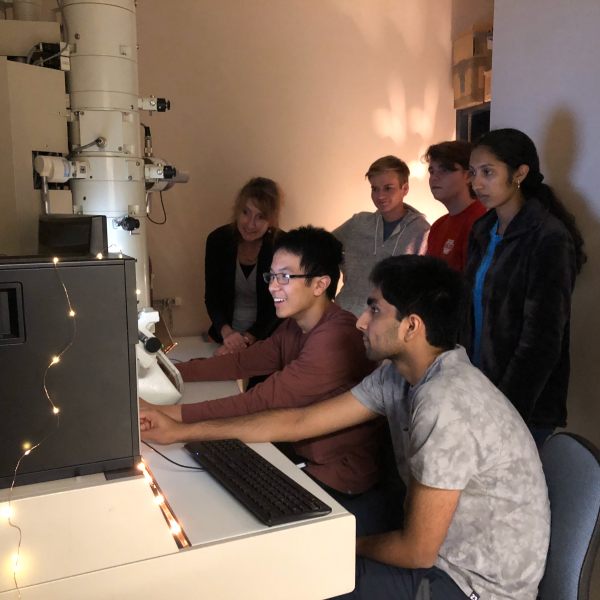Research interests:
Genomic Analysis
Epigenetics and Chromatin Structure
Bioinformatics and Computational Biology
Courses taught:
Bio 191/192 Phage Hunters (Fall/Spring)
Bio 3100 R Workshop in Biology (Fall)
Bio 4342 Research Explorations in Genomics (Spring)
Bio 200 Independent research (Fall)


